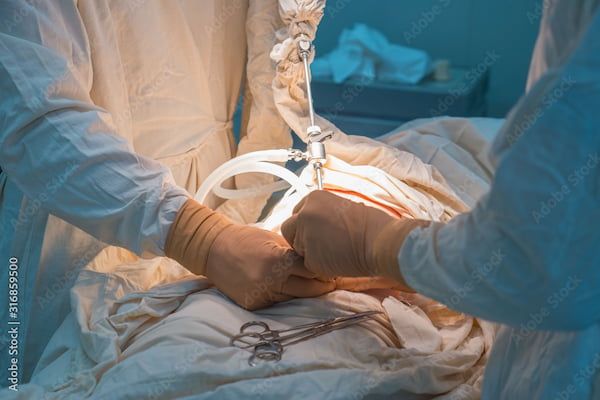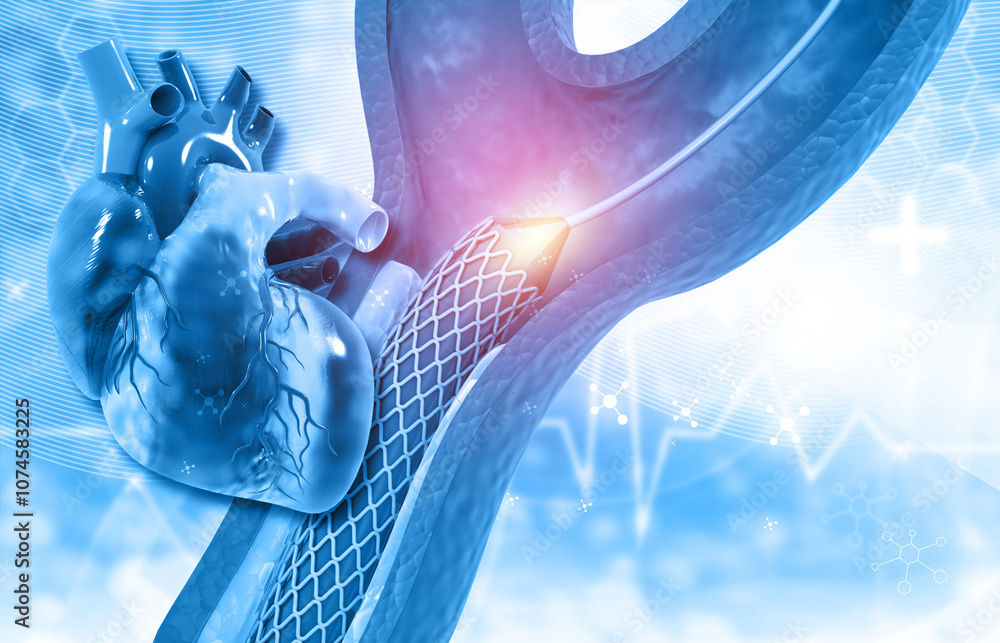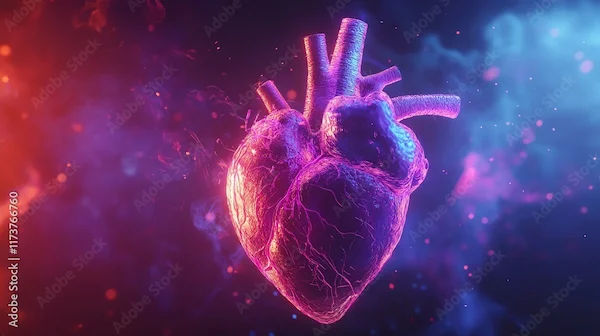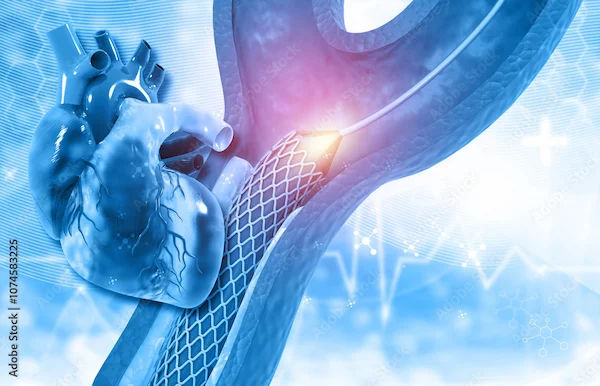Do They Stop Your Heart During Bypass Surgery?
Wondering if your heart is stopped during bypass surgery? Learn the difference between on-pump and off-pump procedures, how the heart is managed, and what to expect during recovery.

Written by
Last updated on 10th Jul, 2025
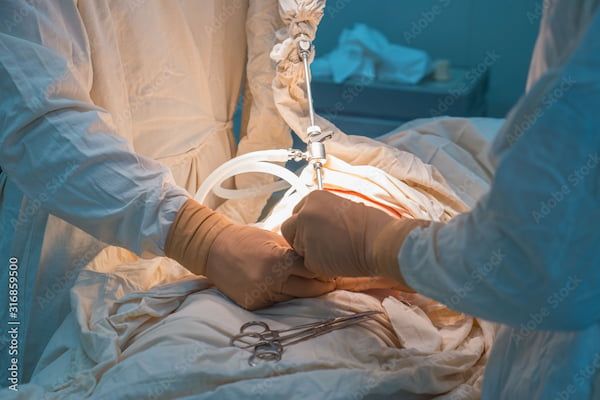
Introduction
If you or a loved one has been advised to undergo bypass surgery, you may have many questions, especially about what happens to your heart during the procedure. One common concern is: Do they stop your heart during bypass surgery?
The answer is yes, but not always. Let’s break it down in simple terms so you can understand what happens and why.
What Is Bypass Surgery?
Bypass surgery, also known as Coronary Artery Bypass Grafting (CABG), is a procedure to improve blood flow to the heart. It is done when one or more of the coronary arteries—which supply blood to the heart—are blocked due to plaque buildup (atherosclerosis).
During the surgery, a surgeon takes a healthy blood vessel—usually from the leg, arm, or chest—and attaches it to the blocked artery, creating a new path for blood to flow around the blockage.
Consult Top Specialists for Personalised Heart Health Advice
Does the Heart Stop During Bypass Surgery?
There are two main types of bypass surgery:
1. On-Pump Bypass Surgery (Heart is Stopped)
In this method, the heart is temporarily stopped.
A heart-lung machine (cardiopulmonary bypass machine) takes over the job of pumping blood and oxygenating it while the surgeon works on the heart.
This allows the surgeon to operate on a still heart, making the procedure more precise.
2. Off-Pump Bypass Surgery (Heart Keeps Beating)
In this method, the heart continues to beat during surgery.
Special techniques and stabilisers are used to keep the area being operated on steady while the rest of the heart keeps working.
This avoids the need for a heart-lung machine.
Which Method Is Used for You?
Your surgeon will decide based on:
The number of blockages
Your overall health
Previous heart conditions
Risks associated with stopping the heart
Why Would a Surgeon Stop the Heart?
Stopping the heart allows:
A more controlled and precise surgery.
Easier access to multiple blocked arteries.
Reduced movement, making delicate grafting easier.
However, using the heart-lung machine has some risks, such as:
Increased risk of stroke or memory issues due to blood circulation changes.
Longer recovery time.
What Happens After the Heart Is Restarted?
Once the grafts are in place:
The heart is gently restarted with small electric shocks if needed.
The heart-lung machine is gradually turned off.
The surgical team ensures the heart is beating strongly before closing the chest.
Recovery After Bypass Surgery
Whether your heart was stopped or not, recovery involves:
Hospital Stay (5-7 days) – Monitoring heart function, pain management.
Incision Care – Keeping the chest and graft sites clean.
Medications – Blood thinners, cholesterol drugs, and pain relief.
Cardiac Rehabilitation – Guided exercises to strengthen the heart.
Lifestyle Changes for a Healthy Heart
To prevent future blockages:
Eat a heart-healthy diet of low salt, low fat and high fibre.
Exercise regularly with light activities like walking or swimming.
Quit smoking & limit alcohol.
Manage stress with yoga or meditation.
Control diabetes, blood pressure, and cholesterol.
When to Seek Help?
Call your doctor if you notice:
Increased chest pain
Shortness of breath
Fever or infection at the incision site
Swelling in legs
Final Thoughts
Bypass surgery is a life-saving procedure, and stopping the heart is sometimes necessary for better results. Advances in medical technology also allow off-pump surgeries, reducing risks for some patients.
If you have concerns or need to discuss bypass surgery options, consult a heart specialist for personalised advice.
Consult Top Cardiologists
Consult Top Specialists for Personalised Heart Health Advice
Dr. Dixit Garg
Cardiologist
10 Years • MBBS , DNB (General medicine) , DNB (cardiology)
Gurugram
Smiles & Hearts, Gurugram
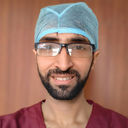
Dr. Pinaki Nath
Cardiologist
8 Years • MBBS, MD General Medicine, DM Cardiology
Barasat
Diab-Eat-Ease, Barasat

Dr. Sumanta Chatterjee
Cardiologist
12 Years • MBBS,MD General Medicine,DM Cardiology
Kolkata
HealthYou Speciality Clinic & Diagnostics., Kolkata
(25+ Patients)
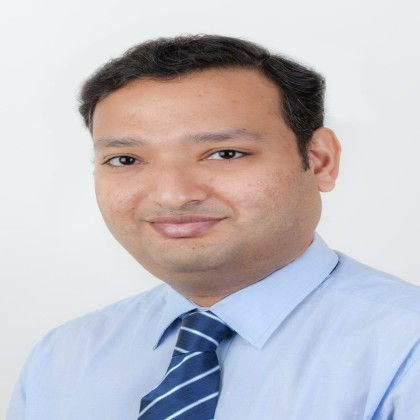
Dr. Mangesh Danej
Cardiologist
8 Years • MBBS, MD (General Medicine), DNB (Cardiology)
Pune
Dr Danej clinic, Pune
(375+ Patients)
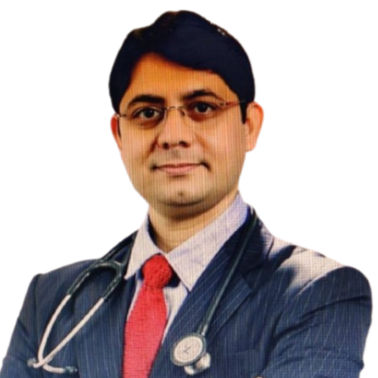
Dr Yogendra Singh Rajput
Cardiologist
16 Years • MBBS, MD (General Madicine), DM (Cardiology)
Gurugram
Svasthya Child & Cardiac Care, Gurugram
Consult Top Cardiologists
Dr. Dixit Garg
Cardiologist
10 Years • MBBS , DNB (General medicine) , DNB (cardiology)
Gurugram
Smiles & Hearts, Gurugram

Dr. Pinaki Nath
Cardiologist
8 Years • MBBS, MD General Medicine, DM Cardiology
Barasat
Diab-Eat-Ease, Barasat

Dr. Sumanta Chatterjee
Cardiologist
12 Years • MBBS,MD General Medicine,DM Cardiology
Kolkata
HealthYou Speciality Clinic & Diagnostics., Kolkata
(25+ Patients)

Dr. Mangesh Danej
Cardiologist
8 Years • MBBS, MD (General Medicine), DNB (Cardiology)
Pune
Dr Danej clinic, Pune
(375+ Patients)

Dr Yogendra Singh Rajput
Cardiologist
16 Years • MBBS, MD (General Madicine), DM (Cardiology)
Gurugram
Svasthya Child & Cardiac Care, Gurugram
